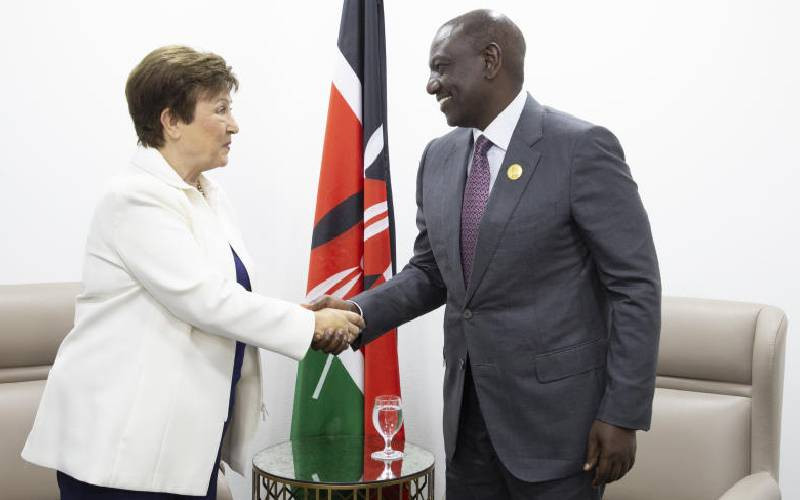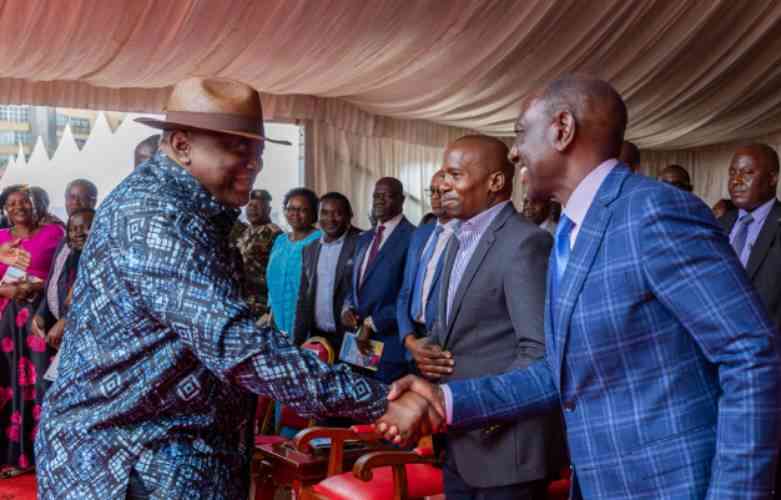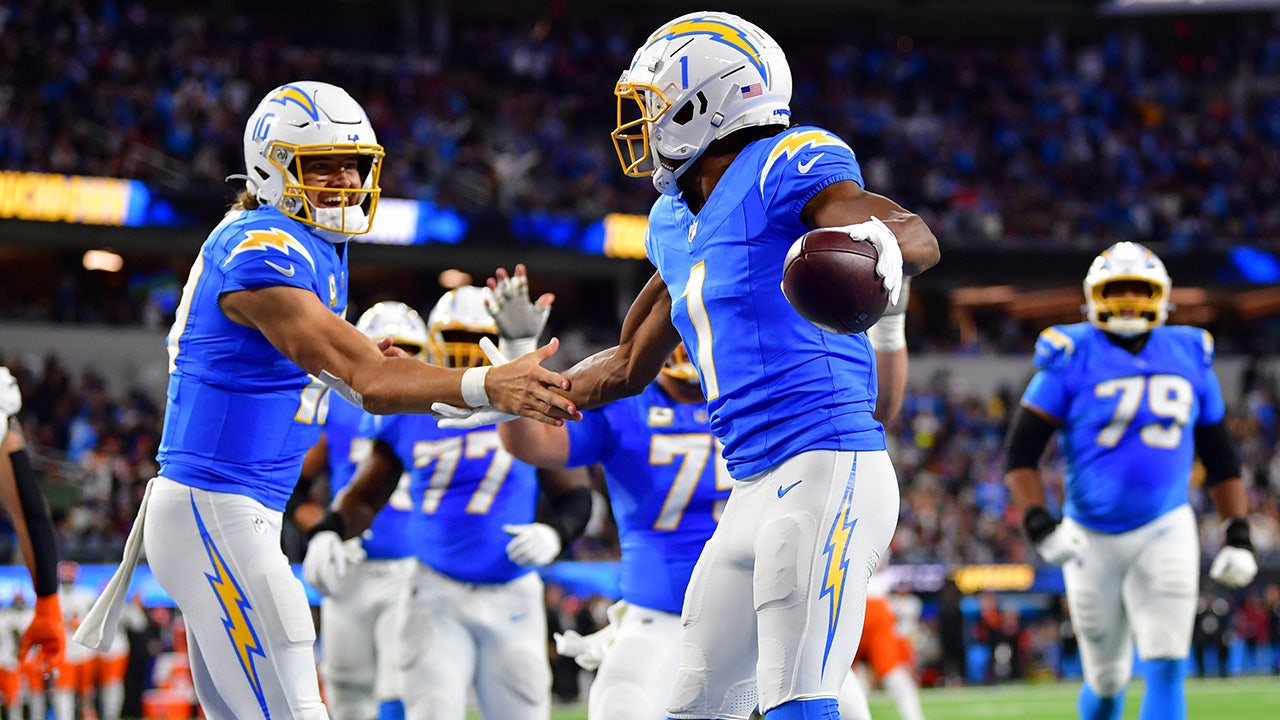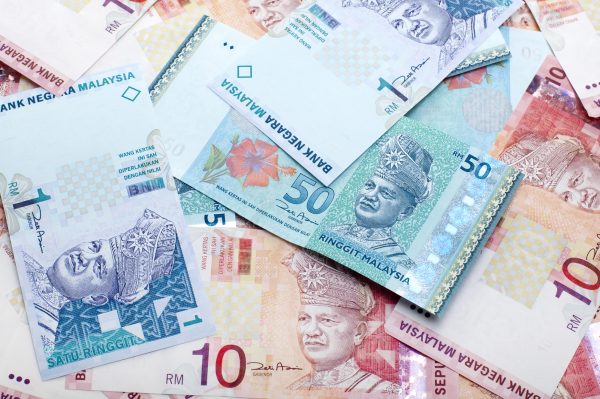The ANC in Parliament is – again – putting support for its president caught up in scandal ahead of Parliament, the Constitution and the country.
It’s the impact of retaining an electoral system in which the party rules – and those elected to public office toe the line.
A wholesale electoral review to include constituencies had been possible after the Constitutional Court in June 2020 ruled that independents must participate in national and provincial elections. But the Electoral Amendment Bill before Parliament makes only narrow technicist changes.
After all, constituency-based MPs have the power to rock the party-political boat. Former UK prime minister Boris Johnson experienced exactly this when the Tory backbenches revolted in late June after scandals ranging from expensive renovations to Covid-19 lockdown-rules breaches that cost the party in by-elections.
Over two days this week, the ANC in Parliament moved to ensure President Cyril Ramaphosa would not have to deal with public proceedings of an ad hoc committee to look into the Phala Phala saga. In doing so, the ANC showed its tactical hand – separate Ramaphosa the politician from Ramaphosa the major shareholder in a business known as Phala Phala.
Deflecting responsibility from the President to an amorphous business entity shareholding is strategically crucial not only in the short term but also in the medium and longer term. The ANC knows that, without Ramaphosa as party president, the 2024 elections could well turn into a massive haemorrhage of votes, signalling the fourth consecutive election drop in support.
But, crucially, Parliament’s commitment to addressing the State Capture Commission report’s findings of parliamentary oversight defects is being cast into doubt – again.
In a repeat of fobbing off opposition calls for probes into State Capture claims, on Wednesday, 28 September, the ANC nixed the DA ad hoc committee motion to probe the Phala Phala scandal “with specific reference to the involvement and response of the various government departments and agencies in the alleged cover-up of the crime”.
Although the opposition had united, the ANC used its numbers in the House, and two votes of Patricia de Lille’s Good party, to defeat this motion 199 votes against, 126 for.
Like in the State Capture years, during the debate on that DA motion on Tuesday, 27 September, the ANC argued that, because law enforcement and other agencies were already investigating, Parliament should stand back.
“It is important that we allow the law to take its course and we respect the constitutional rights of the President,” said ANC MP and defence committee chairperson Cyril Xaba, arguing that the Bill of Rights’ provision for equality before the law equally applied to Ramaphosa.
Or as ANC MP and programming whip Mina Lesoma put it: “We cannot do this. We are not a body where allegations are tested.”
This laissez-faire attitude to constitutional oversight is tone-deaf, or maybe even defiant, of the State Capture Commission report on parliamentary oversight.
“The fact that the allegations had been referred to the SAPS or Chapter 9 institutions does not excuse Parliament’s inaction…
“Leaving it exclusively to other agencies to investigate and, if necessary, to take action regarding these allegations at this time, was not, consistent with Parliament’s constitutional responsibilities.”
Finish and klaar.
Visit Daily Maverick’s home page for more news, analysis and investigations
After the parliamentary debate on Tuesday, DA Chief Whip Siviwe Gwarube, who sponsored the Phala Phala ad hoc committee motion, said the ANC “have pretzelled themselves explaining the law enforcement agencies do their work while Parliament sits on its hands…”
After the vote on Wednesday Gwarube didn’t mince her words. “The ANC is beyond the point of self-correction. [It has] learnt no lessons from the past decade. Instead [it continues] to hollow out the Parliament in order to shield many in [its] ranks from accountability…”
On Thursday Ramaphosa changed tack, for the first time, to provide Parliament with some details. Previously, the stance was to invoke “due process” and “advise and counsel” to speak after all probes were completed.
“I have said and admitted there was a theft on the farm and I reported that to a general in the SAPS … I deny there is any form of money laundering. I have said … publicly [that] it was proceeds of sales of game…”
This echoes what the President had told the Limpopo ANC conference in early June, just after the claims first emerged from ex-spy boss Arthur Fraser’s statement to police. “I’m a farmer. I’m in the cattle business. I’m in the game [farming] business … This was a clear business transaction of selling animals…” said Ramaphosa then.
The hint to that it’s-just-business approach had emerged in Tuesday’s parliamentary debate when the ANC separated Ramaphosa the individual and politician from Ramaphosa the businessman and shareholder.
“As we speak, none of us knows the legal entity, which was involved in the transaction, which resulted in the theft. We all assume it’s Phala Phala because it’s the headquarters of Phala Phala, but we actually do not know…” said Lesoma.
“They will fail to distinguish between the legal personality of an entity in which the President is a major shareholder and the President himself as an individual.”
Though this line of defence seems a neat sleight of political hand, it may yet turn into a political pickle.
Alongside a financial disclosure regimen, the Executive Members’ Ethics Act and code include stipulations against “exposing themselves to any situation involving the risk of a conflict [of interest] between their official responsibilities and their private interests”.
But in Thursday’s presidential Q&A, Ramaphosa reiterated that all interests were disclosed, dismissed claims of abuse of power or conflicts of interest, and repeated pledges of being accountable and cooperating with investigations.
This week, the Hawks confirmed investigations were still under way. The Office of the Public Protector indicated that the probe was progressing well, without providing time frames. The South African Reserve Bank (SARB), in an emailed response to questions on the probe’s status and time frames, said: “The SARB does not comment on any exchange control investigations of individuals or entities.”
With a Phala Phala ad hoc committee blackballed, the parliamentary ANC has made much of holding Ramaphosa accountable through the Section 89 impeachment inquiry based on a motion from the African Transformation Movement.
But an impeachment motion is a narrow, constitutional process on removal from office for serious violations of the Constitution or the law, serious misconduct or incapacity.
It’s a very different standard from a potentially wide-ranging public ad hoc committee inquiry that might ask awkward questions of ministers and senior officials. Also, at this stage, the Section 89 proceedings remain away from the public eye – the independent panel appointed to assess whether Ramaphosa has a case to answer will do its work on the papers, not public hearings.
However, the independent panel’s report and recommendations will be published in the Announcements, Tablings and Committee Reports, Parliament’s record of work.
The governing ANC and Ramaphosa, who has pledged his full cooperation, may well hope that this independent panel, when it completes its work in 30 days, will dismiss the whole matter.
If the panel finds there is a case for the President to answer, it’s back to the political starting blocks for the ANC.
Although the Phala Phala scandal has a whole range of smoke and mirror plays and peccadilloes, much seems not to point directly to Ramaphosa, even if he’s known to spend considerable time at the farm. However, a finding of exchange control and tax violations would be devastating.
This may at least in part explain the ANC in Parliament moving to shift responsibility away from Ramaphosa.
It’s after all what the ANC habitually does for its leaders – particularly one already backed for a second term as party boss by six ANC provincial executives, except KwaZulu-Natal (even if the branch delegates may still show a mind of their own).
When former president Thabo Mbeki publicly ventilated HIV/Aids denialism, the governing ANC remained quiet. It took the Treatment Action Campaign going to court to ensure HIV-positive mothers could get nevirapine for their babies at birth. The ground-breaking Constitutional Court ruling brought about a change of policy – and saved lives.

(Photo: Shiraaz Mohamed)
Ad hoc committees were used to absolve former president Jacob Zuma in late 2015 from repaying the public money for the cattle kraal, chicken run, swimming (fire) pool, amphitheatre and visitors’ centre, as the Public Protector had ordered. In its seminal March 2016 judgment, the Constitutional Court found that by doing this, parliamentarians had acted “[inconsistently] with the Constitution”.
With less than three months to go to the governing ANC’s 2022 elective conference and Ramaphosa endorsed for a second term – at least publicly – again Parliament is being leveraged for damage limitation to take the sting out of the presidential Phala Phala scandal.
Amid declining public trust in political parties and institutions like Parliament, without electoral and other fundamental change, history looks to be on repeat. DM168
This story first appeared in our weekly Daily Maverick 168 newspaper, which is available countrywide for R25.
![]()





















Discussion about this post